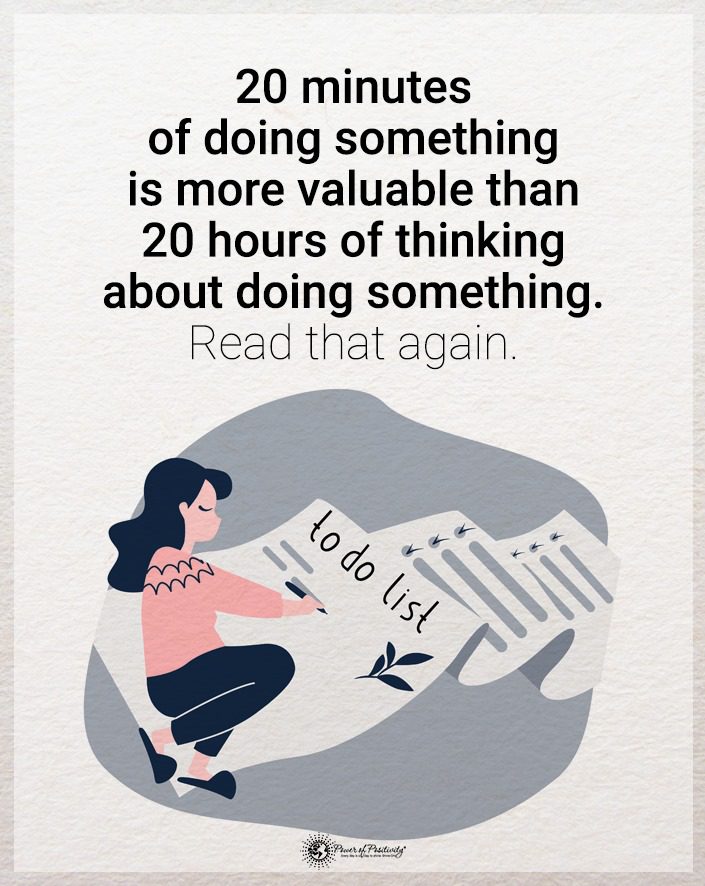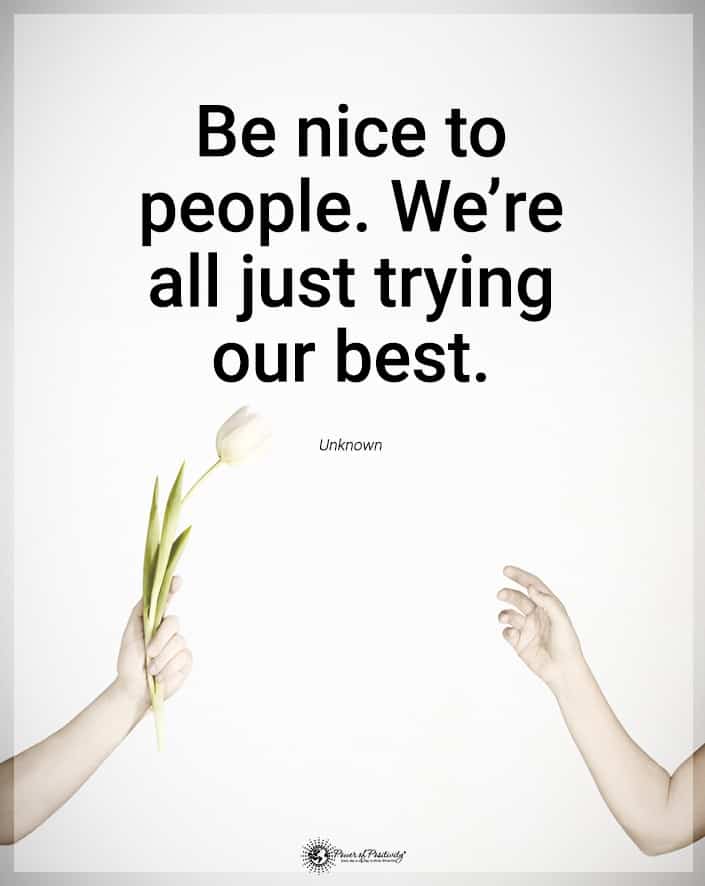It seems that many women today prefer beta males instead of the stereotypical “manly” alpha males. Perhaps nice guys don’t seem as threatening or domineering as alphas do. And, since more women have entered the workforce, they may not value status and finances as much anymore.
Women and men have more equal roles today than in previous eras. Therefore, the stereotype of the chest-pounding, aggressive, powerful alpha is not as appealing to most women.
That doesn’t mean women don’t want a strong, capable man by their side. They just have different priorities and put greater emphasis on kindness, altruism, and generosity.
Women may opt for a more reserved partner, especially if they’ve had bad experiences with dominant males. They may feel more secure around laidback, thoughtful types who don’t feel the need to show off.
Below, we’ll go more in-depth about the psychology behind why beta males have become more popular with women.
Psychology Explains Why Some Women Prefer Beta Males
Before we go any further, we’d like to acknowledge that no one should have ultimate power in a relationship, male or female. Ideally, partnerships should be equal and bring out the best in each person.
Currently, society is undergoing a great awakening and transformation regarding gender roles in relationships. The traditional alpha male and beta female models no longer apply in modern-day relationships.
Women want their careers and incomes instead of being dependent on men. And more men than ever have decided to switch roles and raise children rather than work full-time jobs. They also emphasize gentleness and emotional health more than the stereotypical male values.
This doesn’t mean beta males are submissive and passive. Instead, they have embraced their feminine side while also being strong providers and caregivers. So, both men and women have begun to explore other facets of themselves that society didn’t accept in olden times. With that said, we’ll list a few common reasons women prefer nice guys nowadays.
1. Beta Males Don’t Feel Threatened by Strong Females.
Contrary to what society might think, beta doesn’t equate to weakness or inferiority. Beta males have healthy self-confidence without needing to prove themselves to others like alphas do. They also respect women and don’t hide their softer side since they have realized showing emotions makes them human.
Beta males are the typical nice guy that every woman loves. They support their woman no matter what and always cheer her on from the sidelines. Alpha males may feel threatened by strong females with ambitious goals and a go-getter attitude. However, beta males feel secure enough to encourage their partners and support their dreams while building their empire. Or, perhaps they have taken the role of stay-at-home dad while the woman is the sole provider. Times have changed, and beta males have no problem with progress.
2. Nice Guys Are Compassionate and Embrace Their Emotions.
Many women prefer beta males nowadays because they have a gentler, more compassionate demeanor. Studies also show that women find men who display altruism more physically and sexually attractive. Furthermore, the same research discovered that women did not find dominant men any more attractive than non-aggressive men.
In the study, researchers asked the women which traits they consider most appealing for a date and long-term partner. They listed sensitive, confident, easygoing, and assertive in order of importance. Undesirable traits included dominant, aggressive, demanding, submissive, shy and quiet.
This shows that women prefer men somewhere in the middle of the spectrum. According to the study, a healthy balance of assertiveness and sensitivity makes an ideal partner.
This proves that perhaps those nice guys do not finish last.
3. Nice Guys Easily Approachable.
Some women may find alpha males intimidating or not well-suited to long-term relationships. Sure, alphas are typically charismatic and confident, but not all women feel attracted to dominant personality types. Introverts, in particular, are more drawn to soft-spoken beta males since they’re more approachable.
Betas don’t have that in-your-face, aggressive attitude that alphas display, making them more enticing to some women. In addition to introverts, alpha women may also find beta males more attractive since they help balance their personalities.
Either way, betas have a more laidback approach to life. And according to the study above, women highly value this trait in men.
4. Beta Males Are Loyal and Trustworthy.
Beta males feel most comfortable and satisfied in long-term, stable relationships. Therefore, they remain fiercely loyal to their woman and don’t just jump ship when things get complicated. They are reliable and trustworthy partners, the level-headed type you want to have around a crisis. While beta males are emotionally available, they don’t let feelings cloud their judgment.
Their partner and other loved ones always count on them because of their history of keeping promises. Beta males have a quiet confidence about them that most women find irresistible. They don’t have to flaunt their knowledge or abilities – they get the job done while staying humble.
In addition to their dependable nature, they know how to listen and empathize. When their partner needs to vent or have a heart-to-heart, beta males put down distractions and tune into their woman completely. They don’t run and hide from raw emotions, knowing that any relationship requires open communication.

Final Thoughts on Why Women Prefer Beta Males
Do you have a beta male in your life? If so, you know how trustworthy, reliable, and generally good-natured they can be. Many women today prefer dating and marrying more laidback, easygoing men for these reasons. That doesn’t mean alpha males have no place in society because we need a healthy balance of both.
However, priorities have shifted with more women working full-time and focusing on careers. They no longer need a sole breadwinner, a role typically filled by the alpha males in the past. With more men staying home with their children, they’ve learned to get in touch with their softer side instead.
Luckily, we live in a time where both men and women have broken the barriers holding them back. Whether you prefer betas, alphas, or a mix of both, hopefully, you have found your special someone!


















